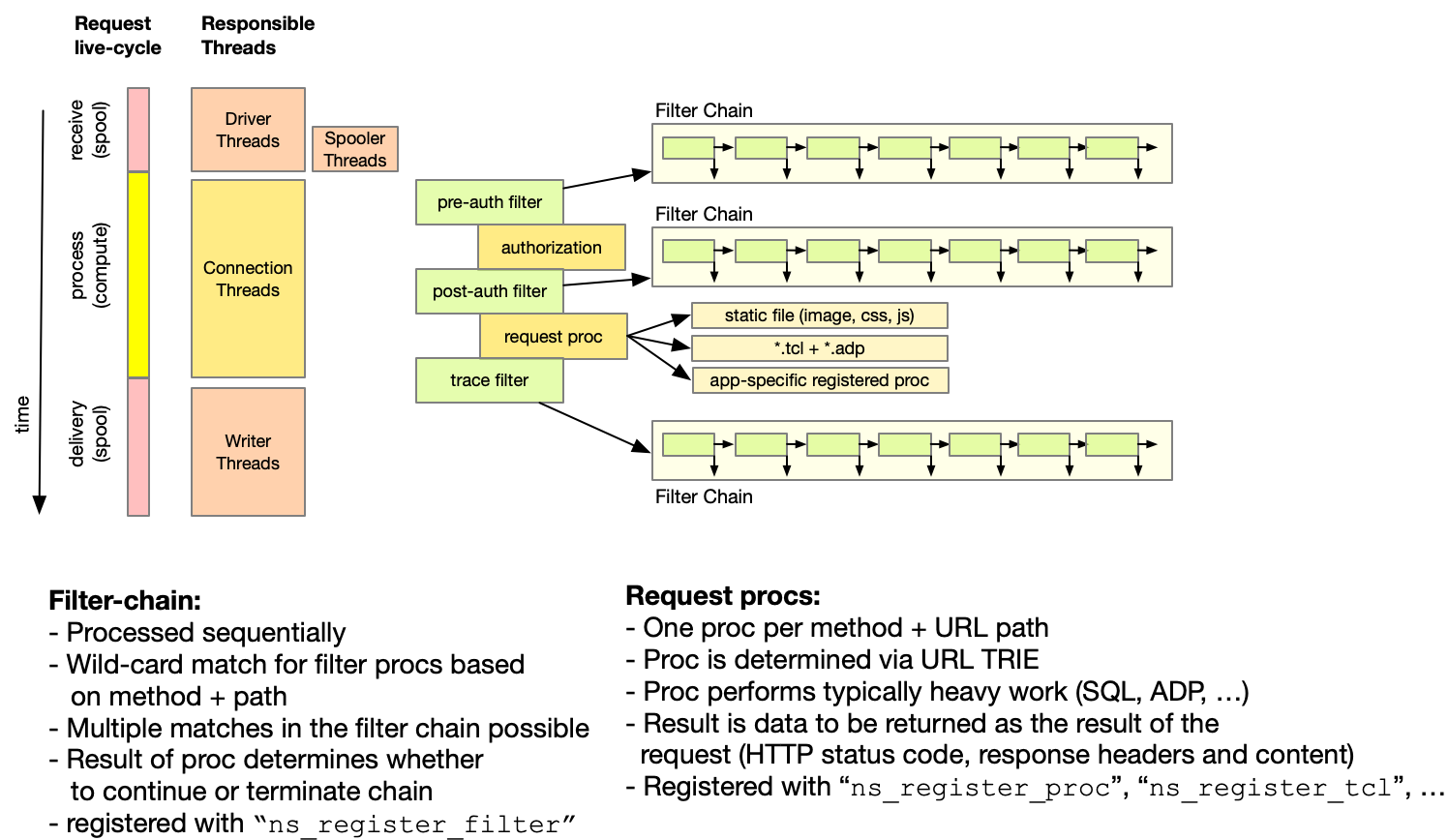Forum OpenACS Q&A: How to use ns_register_filter to establish a route to be served by NaviServer
Posted by
Tony Kirkham
on 01/05/23 07:24 AM
2:
Re: How to use ns_register_filter to establish a route to be served by NaviServer
(response to 1)
Posted by
Gustaf Neumann
on 01/05/23 10:53 AM
3:
Re: How to use ns_register_filter to establish a route to be served by NaviServer
(response to 1)
Posted by
Tony Kirkham
on 02/17/23 11:08 PM
4:
Re: How to use ns_register_filter to establish a route to be served by NaviServer
(response to 3)
Posted by
Brian Fenton
on 02/20/23 10:46 AM
5:
Re: How to use ns_register_filter to establish a route to be served by NaviServer
(response to 1)
Posted by
Gustaf Neumann
on 02/26/23 02:40 PM

